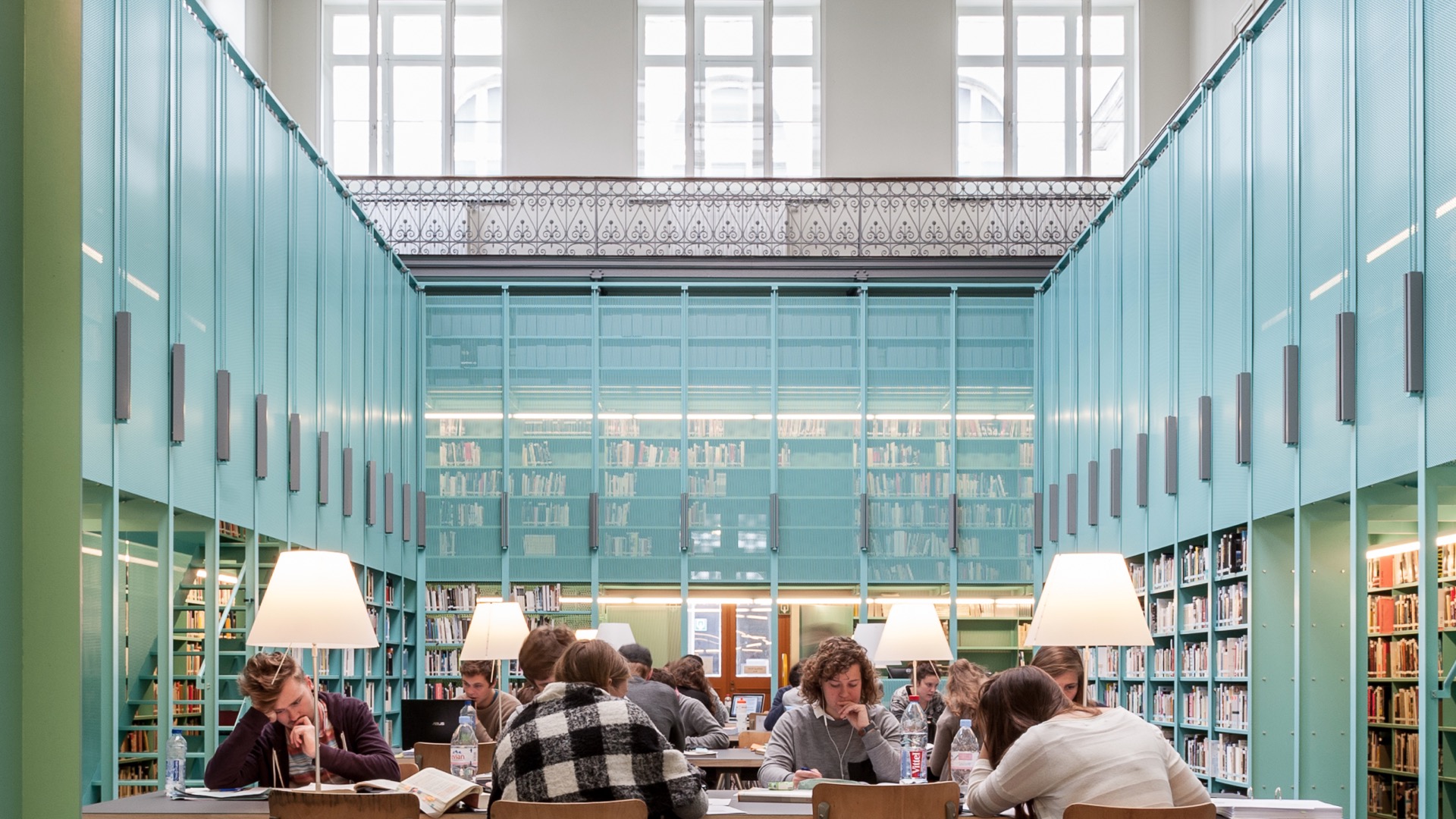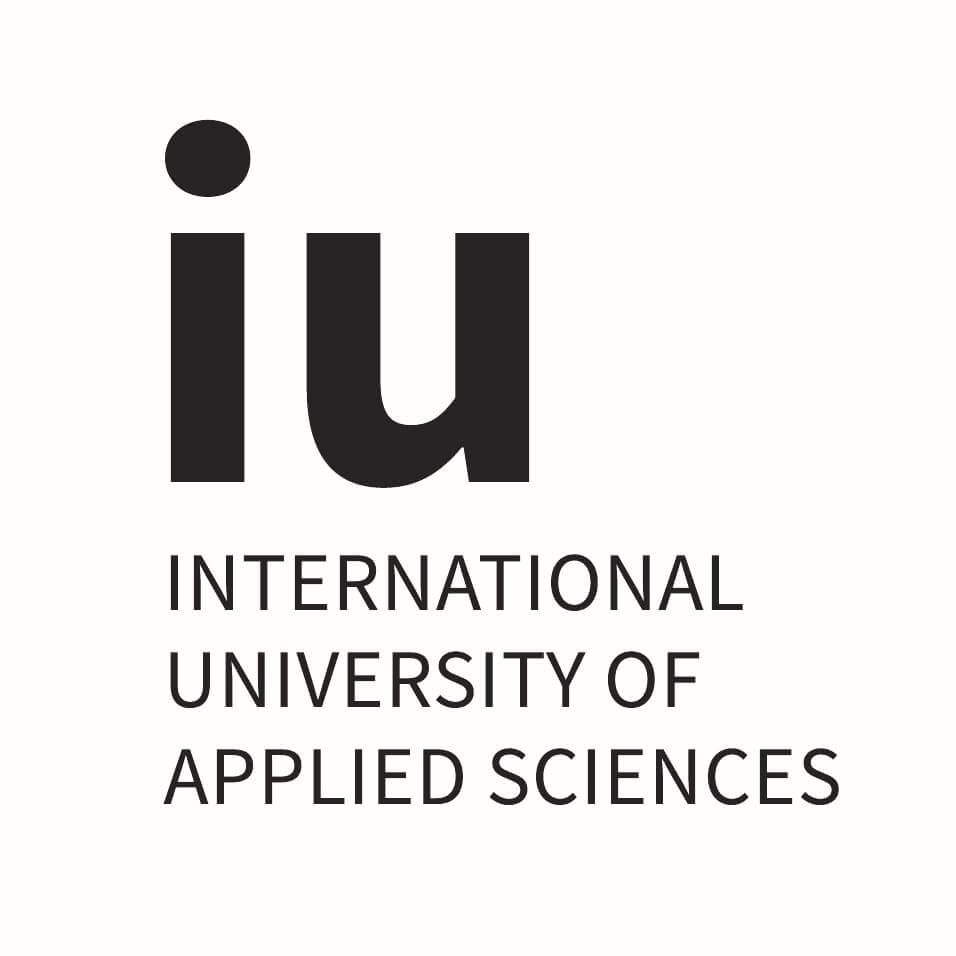📚About the Program
In the Business Economics programme students become acquainted with almost every functional aspect of the business world: how and why a company is established, how it is financed, how it organises itself administratively, how it produces goods and services, how it markets and sells those goods and services, how it deals with personnel and how the company’s management coordinates and steers all those activities. The emphasis is placed on the inside of the business. In the master’s programme there are three disciplines that allow you to tailor your curriculum, according to your own interests, and become an expert in one of the three functional fields.
Effective Marketing is key to the success of every organization, especially in today’s social media driven, consumer-centered business environment. When diving into the functional field of marketing, you will be given the opportunity to develop and sharpen your marketing skills, such as learning to understand consumers’ decision making, identifying and meeting target markets’ needs based on adequate market research techniques, developing bold strategic marketing programmes and corresponding (digital) marketing communications. As the majority of commercial processes relate to transactions between organisations, not only business-to-consumer, but also business-to-business marketing is studied. Several courses use a problem-based methodology in which students analyse and work out specific case studies in small groups.
Je moet akkoord gaan met onze cookie policy alvorens je filmpjes kan bekijken.
Ik ga akkoord
For whom
The admission requirements vary. Depending on your preliminary training, you are either able to enrol directly, or there are additional requirements.
Structure
The master’s programme has a modular structure. That means that you will no longer be taught according to the traditional semester system. From now on, your courses will be bundled in four modular blocks of six weeks each. You only have two courses per block which allows you to process the content in a more focused and in-depth manner. The teaching methods are challenging: case studies, group assignments, discussion panels, lectures, business games, etc. At the end of each modular block you have exams from the two previous courses. During a modular block you also get interim tests and (group) assignments. As a result, you no longer have exams in January or June.
In the second semester you will receive a practical course that fits with your specialisation and in which you become acquainted with the professional field. You will have enough time in the programme to work on your master’s thesis.
Finally, the master’s dissertation is a very important element. Via that dissertation you can show that you are able to apply the acquired knowledge to a problem independently.
If you want to combine a master’s degree with a teacher’s degree, then there is the option of following an ‘Educatieve master’ instead of the above described master. The Master's Programme in Teaching, however is a Dutch taught programme. More information can be found on www.ugent.be/educatievemaster.
It is possible to participate in a double degree programme with the Georg-August-Universität Göttingen. In a double degree programme students receive a degree of both the home and the host university. More information can be found on https://www.ugent.be/eb/en/degree-students/double_degree_programmes.
Show less











